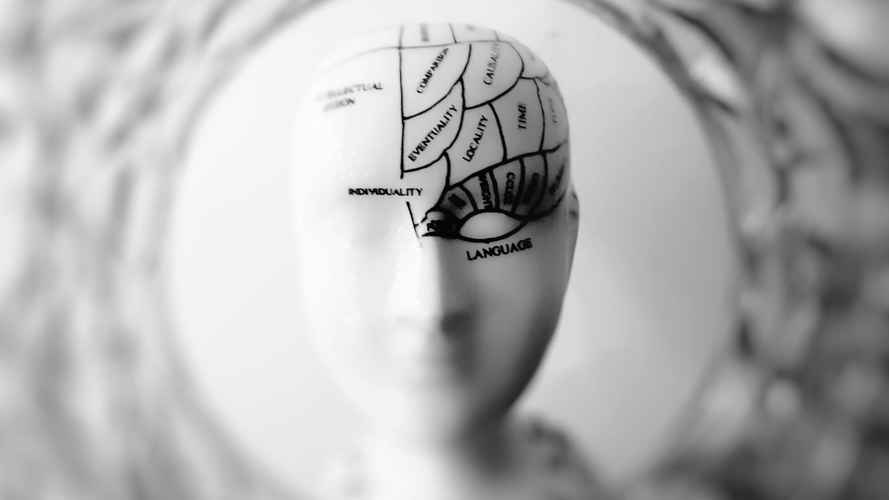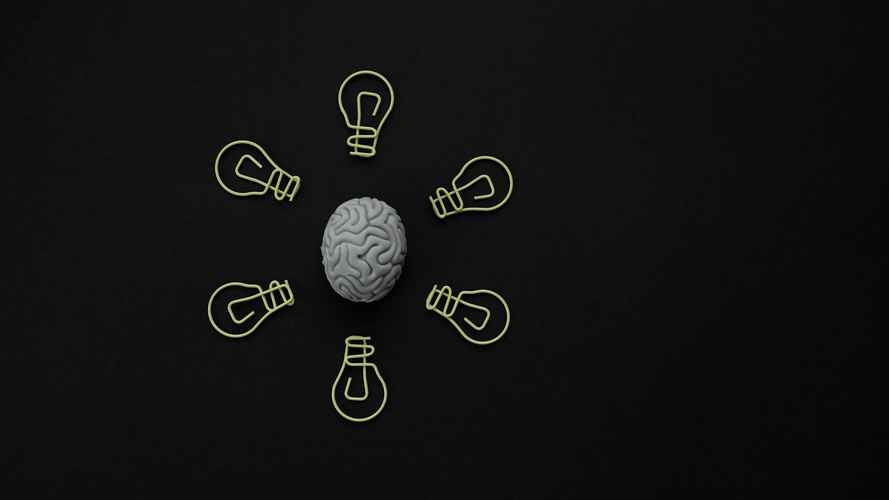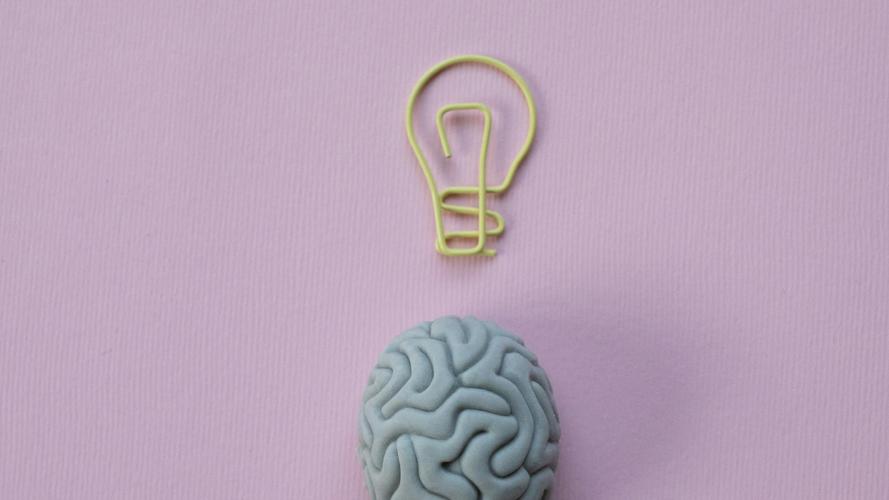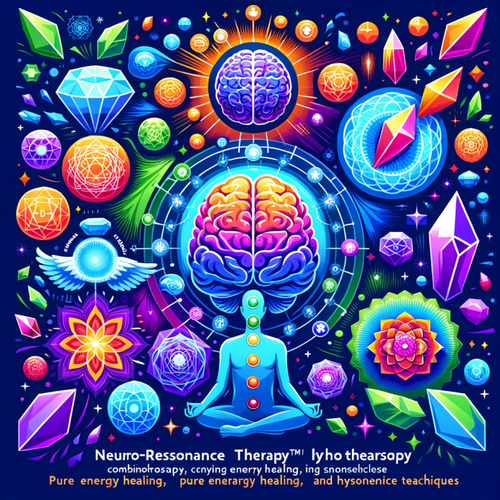Blog
How Does Self-Hypnosis Work in the Brain?
Self-hypnosis is a type of hypnosis that is self-directed and self-induced rather than being under the control of a hypnotist or therapist. While the specific mechanisms underlying self-hypnosis are still not fully understood, research suggests that it engages many of the same brain regions and networks as traditional hypnosis, but with some key differences in terms of the level of self-control and intentionality involved.
Some key aspects of how self-hypnosis works in the brain include:
Focu…
Is Hypnosis a Right or Left Brain Function?
The question of whether hypnosis is a right or left brain function is somewhat misleading, as it implies a simplistic and outdated view of brain function that is not supported by current neuroscience research. While some early theories of brain function suggested that the right and left hemispheres of the brain were specialised for different cognitive and emotional processes, more recent research has shown that brain function is much more complex and interconnected than previously thought.
Tha…
What Happens in Your Brain during Hypnosis?
During hypnosis, the brain undergoes a range of changes in activity and connectivity that are thought to underlie the subjective experience of hypnotic trance and the responsiveness to hypnotic suggestion. While the exact mechanisms underlying these changes are still not fully understood, research using neuroimaging techniques such as fMRI and EEG has provided some insights into what happens in the brain during hypnosis.
Some key changes in brain activity and connectivity that have been observ…
What are the four brain stages of hypnosis?
The four brain stages of hypnosis, also known as the "hypnotic depth stages," refer to a model of hypnotic experience that describes the different levels of hypnotic trance that individuals may experience during hypnosis. While this model is not universally accepted and has some limitations, it provides a useful framework for understanding the subjective experience of hypnosis and the different levels of responsiveness to hypnotic suggestion. 🧠🔍
The four brain stages of hypnosis are:
Beta stag…
Is there science behind hypnotherapy?
Yes, there is a growing body of scientific evidence supporting the effectiveness of hypnotherapy for a range of psychological and physical health conditions. While the exact mechanisms underlying hypnotherapy are still not fully understood, research has shown that it can influence brain function, modulate pain perception, and facilitate behaviour change in a variety of ways. 🔬🧠
Some key areas of research on the science behind hypnotherapy include:
Neuroimaging studies: Neuroimaging techniques …
Can You Rewire Your Brain with Hypnosis?
The idea that hypnosis can be used to "rewire" the brain is a popular and intriguing one, but it is important to approach this claim with some caution and critical thinking. While there is evidence to suggest that hypnosis can influence brain function and facilitate certain types of learning and change, the notion of "rewiring" the brain through hypnosis is somewhat simplistic and potentially misleading.
Some key considerations regarding the use of hypnosis to "rewire" the brain include:
Neur…
Introducing Dr. Terry's Innovative Therapy: A Combination of Neuroscience, Pure Energy Healing, Crystal Healing, and Hypnotherapy
We are pleased to share the newest holistic health and wellness advancements from well-known transformational therapy specialist Dr. Terry McIvor. Who has created NeuroResonance Therapy™, an innovative method that blends hypnotherapy, pure energy healing, crystal healing, and neuroscience techniques—all backed by strong empirical research—under the brand SynapGen Transformational Coaching®. As chair of psychology and Neuroscience Therapy at Manipur International University (MIU), Dr Terry contin…
Top Tip 2-The Focus and Release Technique To Help with Mental Clarity
Finding mental clarity during stressful times can be challenging, but simple, effective techniques can help. The Focus and Release Technique is a unique exercise designed to clear your mind and promote relaxation.
This method combines visualisation with physical release, engaging your senses and body to reduce stress and anxiety. I use this on myself and my clients, I put this protocol together based on other techniques found in hypnotherapy and mindfulness coaching. It is an extension of the S…
Coaching and Mentoring: A Critical Solution to the Mental Health Crisis
The mental health epidemic is an increasing concern around the world. With rising levels of stress, anxiety, depression, and other mental health disorders, good support systems are more important than ever. Traditional mental health interventions are necessary, but they frequently fail to meet all of the requirements of individuals. Coaching and mentoring can play a vital role in alleviating the mental health crisis by providing complementary and transformative approaches. The International Guil…
TopTip1 Exploring Self-Hypnosis with the SMARTT Strategy.
Embarking on a self-hypnosis journey can be deeply rewarding. Dr. Terry’s SMARTT method simplifies this process into approachable steps, making it easier for anyone to get started. Let me walk you through these steps to help you harness the power of self-hypnosis for personal growth and well-being.
Seclusion: Find Your Sanctuary
Before anything else, it’s crucial to find a spot where you feel secure and undisturbed. This could be anywhere that feels safe and tranquil—maybe it’s a little nook i…
Blog
How Does Self-Hypnosis Work in the Brain?
Self-hypnosis is a type of hypnosis that is self-directed and self-induced rather than being under the control of a hypnotist or therapist. While the specific mechanisms underlying self-hypnosis are still not fully understood, research suggests that it engages many of the same brain regions and networks as traditional hypnosis, but with some key differences in terms of the level of self-control and intentionality involved.
Some key aspects of how self-hypnosis works in the brain include:
Focu…
Is Hypnosis a Right or Left Brain Function?
The question of whether hypnosis is a right or left brain function is somewhat misleading, as it implies a simplistic and outdated view of brain function that is not supported by current neuroscience research. While some early theories of brain function suggested that the right and left hemispheres of the brain were specialised for different cognitive and emotional processes, more recent research has shown that brain function is much more complex and interconnected than previously thought.
Tha…
What Happens in Your Brain during Hypnosis?
During hypnosis, the brain undergoes a range of changes in activity and connectivity that are thought to underlie the subjective experience of hypnotic trance and the responsiveness to hypnotic suggestion. While the exact mechanisms underlying these changes are still not fully understood, research using neuroimaging techniques such as fMRI and EEG has provided some insights into what happens in the brain during hypnosis.
Some key changes in brain activity and connectivity that have been observ…
What are the four brain stages of hypnosis?
The four brain stages of hypnosis, also known as the "hypnotic depth stages," refer to a model of hypnotic experience that describes the different levels of hypnotic trance that individuals may experience during hypnosis. While this model is not universally accepted and has some limitations, it provides a useful framework for understanding the subjective experience of hypnosis and the different levels of responsiveness to hypnotic suggestion. 🧠🔍
The four brain stages of hypnosis are:
Beta stag…
Is there science behind hypnotherapy?
Yes, there is a growing body of scientific evidence supporting the effectiveness of hypnotherapy for a range of psychological and physical health conditions. While the exact mechanisms underlying hypnotherapy are still not fully understood, research has shown that it can influence brain function, modulate pain perception, and facilitate behaviour change in a variety of ways. 🔬🧠
Some key areas of research on the science behind hypnotherapy include:
Neuroimaging studies: Neuroimaging techniques …
Can You Rewire Your Brain with Hypnosis?
The idea that hypnosis can be used to "rewire" the brain is a popular and intriguing one, but it is important to approach this claim with some caution and critical thinking. While there is evidence to suggest that hypnosis can influence brain function and facilitate certain types of learning and change, the notion of "rewiring" the brain through hypnosis is somewhat simplistic and potentially misleading.
Some key considerations regarding the use of hypnosis to "rewire" the brain include:
Neur…
Introducing Dr. Terry's Innovative Therapy: A Combination of Neuroscience, Pure Energy Healing, Crystal Healing, and Hypnotherapy
We are pleased to share the newest holistic health and wellness advancements from well-known transformational therapy specialist Dr. Terry McIvor. Who has created NeuroResonance Therapy™, an innovative method that blends hypnotherapy, pure energy healing, crystal healing, and neuroscience techniques—all backed by strong empirical research—under the brand SynapGen Transformational Coaching®. As chair of psychology and Neuroscience Therapy at Manipur International University (MIU), Dr Terry contin…
Top Tip 2-The Focus and Release Technique To Help with Mental Clarity
Finding mental clarity during stressful times can be challenging, but simple, effective techniques can help. The Focus and Release Technique is a unique exercise designed to clear your mind and promote relaxation.
This method combines visualisation with physical release, engaging your senses and body to reduce stress and anxiety. I use this on myself and my clients, I put this protocol together based on other techniques found in hypnotherapy and mindfulness coaching. It is an extension of the S…
Coaching and Mentoring: A Critical Solution to the Mental Health Crisis
The mental health epidemic is an increasing concern around the world. With rising levels of stress, anxiety, depression, and other mental health disorders, good support systems are more important than ever. Traditional mental health interventions are necessary, but they frequently fail to meet all of the requirements of individuals. Coaching and mentoring can play a vital role in alleviating the mental health crisis by providing complementary and transformative approaches. The International Guil…
TopTip1 Exploring Self-Hypnosis with the SMARTT Strategy.
Embarking on a self-hypnosis journey can be deeply rewarding. Dr. Terry’s SMARTT method simplifies this process into approachable steps, making it easier for anyone to get started. Let me walk you through these steps to help you harness the power of self-hypnosis for personal growth and well-being.
Seclusion: Find Your Sanctuary
Before anything else, it’s crucial to find a spot where you feel secure and undisturbed. This could be anywhere that feels safe and tranquil—maybe it’s a little nook i…










